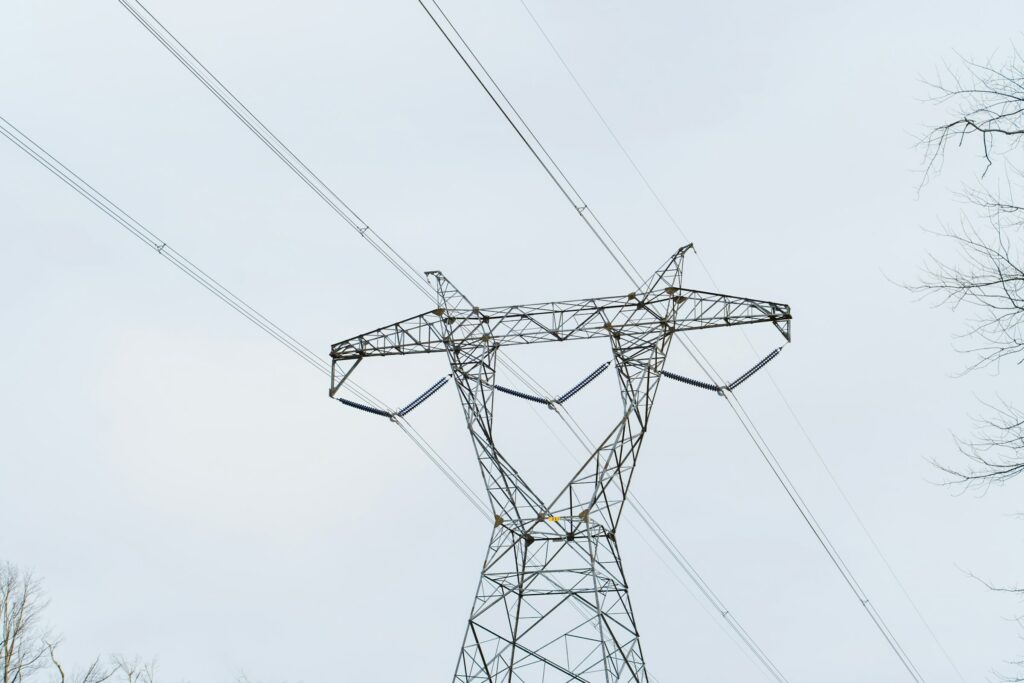In today’s fast-paced business world, an unexpected power outage can bring operations to a grinding halt, resulting in lost productivity, revenue, and customer trust. As a business owner or manager, you may have experienced frustration and chaos when the lights go out and critical systems shut down.
But what if there was a way to mitigate these risks and ensure that your business remains up and running, even in the face of power disruptions? In this article, we’ll delve into the world of backup power solutions for businesses, exploring the options available and how they can help safeguard your organization’s continuity.

The Importance of Reliable Power
In an increasingly digital age, businesses rely heavily on technology to carry out their day-to-day operations. A stable power supply is essential for smooth functioning, from communication systems and data centres to manufacturing equipment and point-of-sale terminals. Even a brief power outage can lead to:
- Data loss and corruption
- Equipment damage
- Decreased employee productivity
- Missed deadlines and opportunities
- Dissatisfied customers and damage to brand reputation
Investing in a robust backup power solution can help minimize these risks and ensure your business remains operational during power disruptions.
Backup Power Solutions for Businesses: Key Options to Consider
Regarding backup power solutions for businesses, there are several options to choose from, each with its advantages and considerations. Let’s explore some of the most common choices:
Uninterruptible Power Supply (UPS) Systems
UPS systems provide instant backup power in an outage, allowing your critical equipment to continue running smoothly. These systems typically offer a short duration of backup power, ranging from a few minutes to several hours, depending on the size of the UPS and the load it supports. UPS systems are ideal for protecting sensitive electronic devices, such as servers, computers, and networking equipment.
Generators
For longer-duration backup power needs, generators are a popular choice among businesses. Powered by diesel, natural gas, or propane, generators can supply electricity for extended periods, ensuring that your business remains operational during prolonged outages. Generators come in various sizes and capacities, from portable units suitable for small offices to large, industrial-grade systems capable of powering entire facilities.
Battery Storage Systems
Battery storage systems offer a clean, quiet, and low-maintenance alternative to traditional backup power solutions. These systems store energy from the grid or renewable sources, such as solar panels, and discharge it during power outages. With advancements in lithium-ion technology, battery storage systems have become increasingly efficient, compact, and cost-effective, making them an attractive option for businesses looking to reduce their reliance on fossil fuels.
Choosing the Right Backup Power Solution for Your Business:
When choosing the ideal backup power solution for your business, a thorough assessment of your organization’s requirements and limitations is essential. The size of your business and its power demands will greatly influence the type and capacity of the backup system you need. Identify the critical equipment and systems that must remain operational during power outages and determine the minimum duration of backup power required to maintain business continuity.
Consider your facility’s layout and available space, as this will impact the feasibility of installing certain backup power solutions, such as generators or battery storage systems. Evaluate your budget carefully, considering not only the initial investment but also ongoing maintenance costs, as regular upkeep is crucial for ensuring the reliability and longevity of your chosen system.
Additionally, assess any environmental and regulatory concerns that may affect your decision, such as generator noise and emission restrictions or fire safety regulations for battery storage. By weighing these factors and consulting with experienced professionals, you can navigate the complex landscape of backup power solutions and select the option that best aligns with your business’s unique needs, ensuring a robust and reliable power supply during outages.
Conclusion:
Investing in a reliable backup power solution is essential for businesses looking to safeguard their continuity and minimize the risks associated with power outages. By understanding the options available and carefully evaluating your organization’s unique needs, you can decide on the most suitable backup power system for your business.
With the right solution, you can rest assured that your critical operations will remain up and running, even in the face of power disruptions.
Frequently Asked Questions:
Can I use a generator for a continuous power supply?
While generators are designed for backup power during outages, they are not intended for continuous use as a primary power source. Continuous operation can lead to increased wear and tear, reduced efficiency, and potential maintenance issues.
Are battery storage systems suitable for all businesses?
Battery storage systems can be an excellent choice for businesses looking for a clean, quiet, and low-maintenance backup power solution. However, the suitability of battery storage depends on factors such as power requirements, available space, and budget.
How often should I maintain my backup power system?
Regular maintenance is crucial to ensure the reliability and longevity of your backup power system. The specific maintenance requirements will depend on the type of system you have. It’s recommended to follow the manufacturer’s guidelines and schedule periodic inspections, testing, and servicing by qualified professionals.









